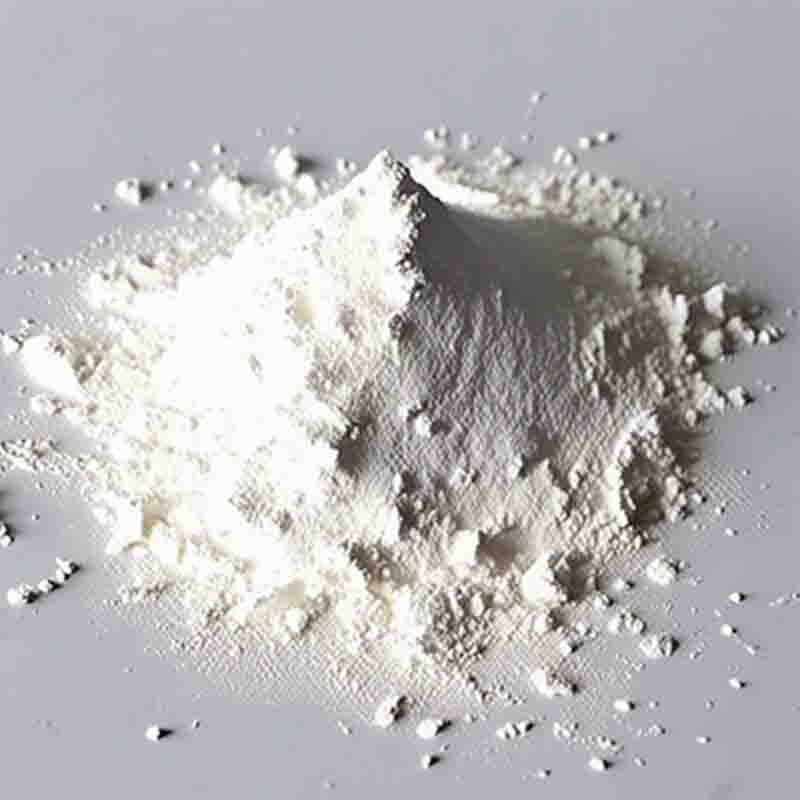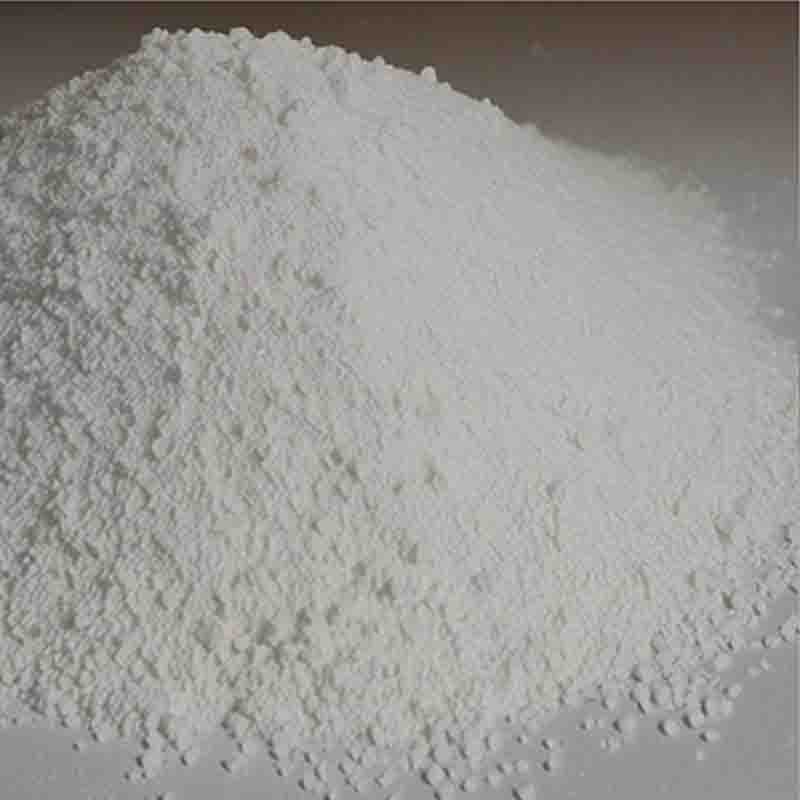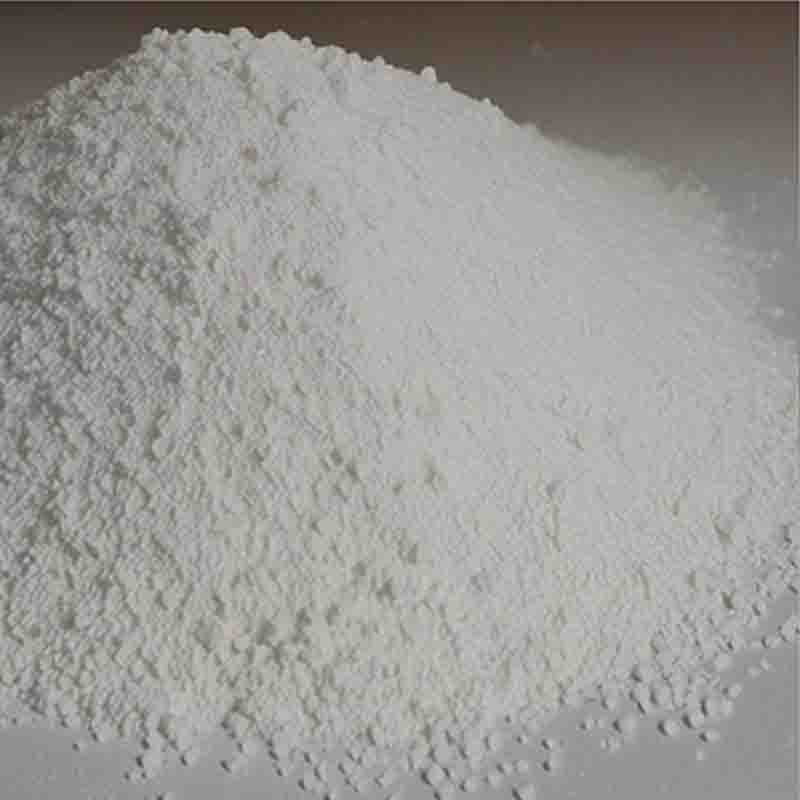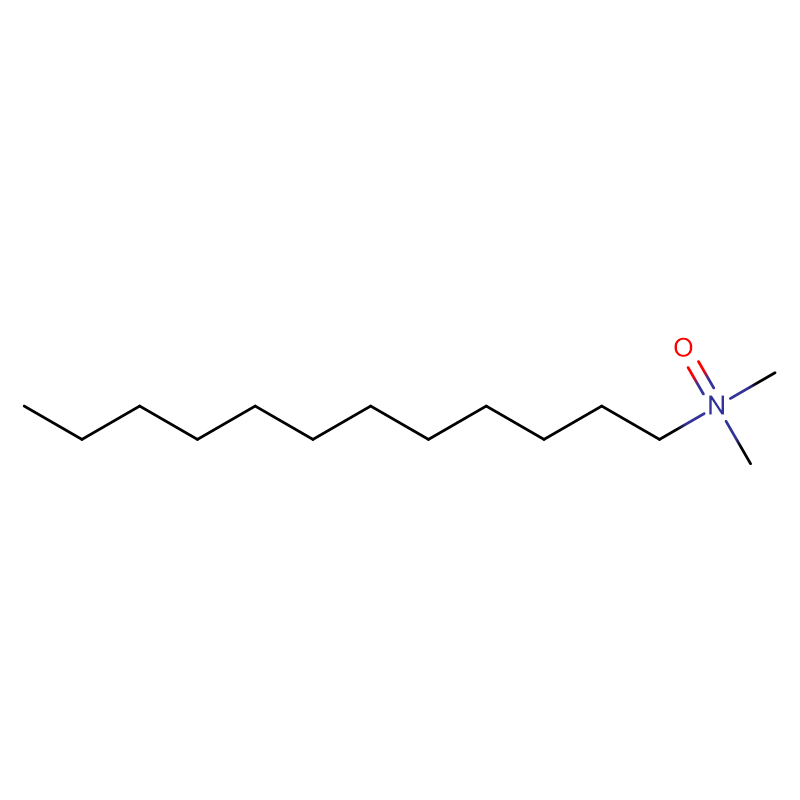9-Fluorenylmethylchloroformate CAS:28920-43-6
| Catalog Number | XD94715 |
| Product Name | 9-Fluorenylmethylchloroformate |
| CAS | 28920-43-6 |
| Molecular Formula | C15H11ClO2 |
| Molecular Weight | 258.7 |
| Storage Details | Ambient |
Product Specification
| Appearance | White powder |
| Assay | 99% min |
9-Fluorenylmethylchloroformate (Fmoc-Cl) is a versatile reagent used in organic synthesis, particularly in peptide and protein chemistry. It is derived from fluorenylmethanol and chloroformic acid and is known for its ability to protect amino groups during peptide synthesis. In this response, we will discuss the effects and applications of Fmoc-Cl in organic synthesis.One of the main applications of Fmoc-Cl is in solid-phase peptide synthesis (SPPS), which is a widely used technique for the production of peptides and small proteins. Fmoc-Cl is used to protect the amino group of the N-terminal amino acid during peptide elongation. It reacts with the amino group to form a stable Fmoc-amino acid derivative, which prevents undesired side reactions. This protection strategy allows for the selective deprotection and coupling of amino acids in a stepwise manner, leading to the desired peptide sequence.Fmoc-Cl is also employed in the synthesis of peptidomimetics, which are structurally modified peptides with enhanced biological properties. By using Fmoc-Cl as a protecting group, various functional groups can be introduced into the peptide backbone or side chains, leading to improved stability, bioavailability, and target specificity of the peptidomimetic compounds.In addition to its role in peptide chemistry, Fmoc-Cl finds utility in other organic reactions. It is used for the introduction of the Fmoc group into various amine-containing molecules, such as amino alcohols or diamines, to protect them during subsequent reactions. The Fmoc group can be easily removed under basic conditions, revealing the reactive amine group for further modifications.Fmoc-Cl is also employed in the synthesis of Fmoc-protected amino acids. These derivatives are widely used in peptide synthesis as building blocks for constructing peptide chains. The Fmoc-protected amino acids prevent unwanted interactions and reactions during the elongation process, ensuring high yields and pure peptide products.Another important aspect of Fmoc-Cl is its application in the production of solid supports for peptide synthesis. Fmoc-Cl is used to functionalize polystyrene resin beads, allowing for the attachment of the first amino acid during SPPS. This functionalized resin serves as a solid support for peptide synthesis, facilitating the purification and isolation of the desired peptides.In summary, 9-Fluorenylmethylchloroformate (Fmoc-Cl) is a valuable reagent in organic synthesis, particularly in peptide and protein chemistry. Its applications include protecting amino groups during peptide synthesis, synthesis of peptidomimetics, introduction of functional groups, production of Fmoc-protected amino acids, and preparation of solid supports for peptide synthesis. Fmoc-Cl enables the selective and controlled formation of peptide bonds, leading to the efficient production of peptides and peptidomimetic compounds..


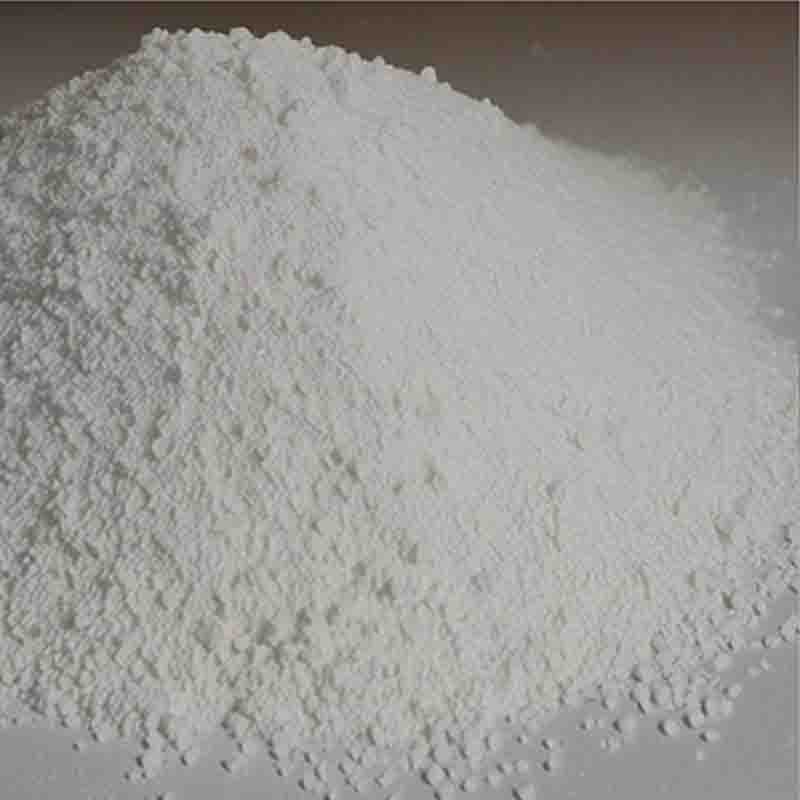

![1-[(4-Fluorophenyl)carbamoyl]cyclopropanecarboxylicacid CAS:849217-48-7](https://cdn.globalso.com/xdbiochems/白色粉末21707.jpg)
